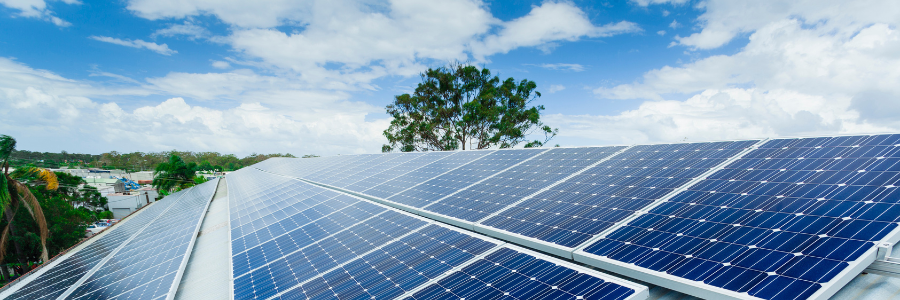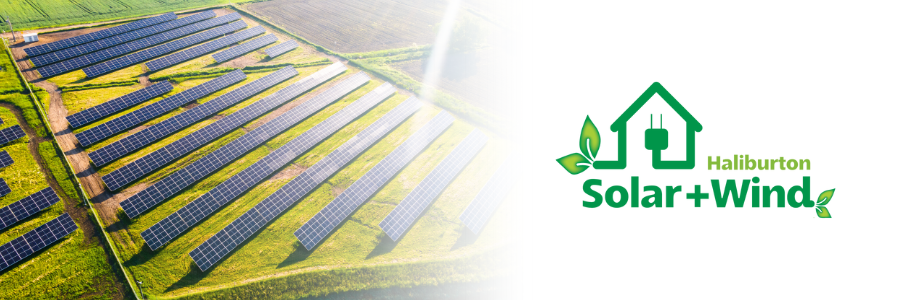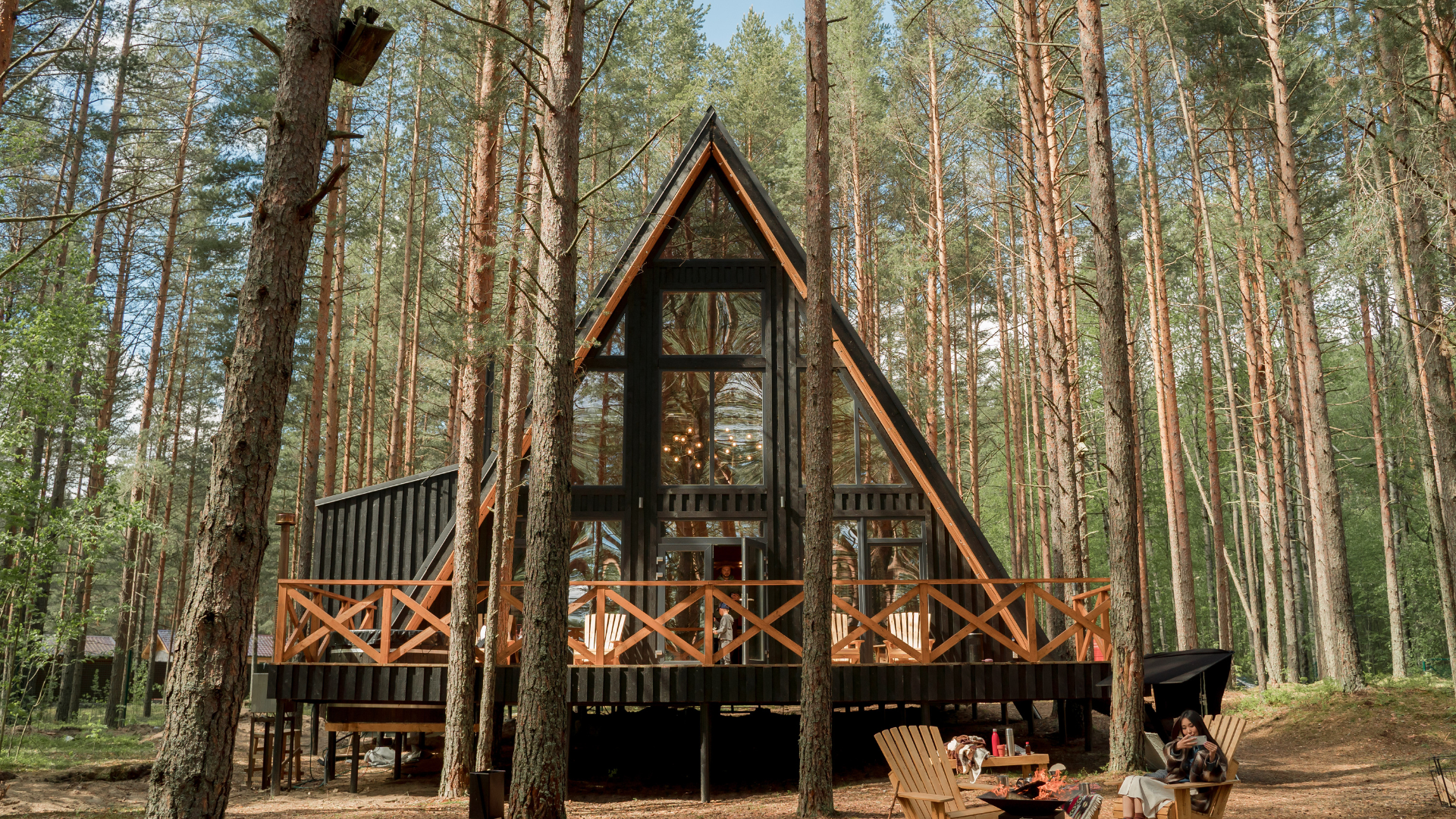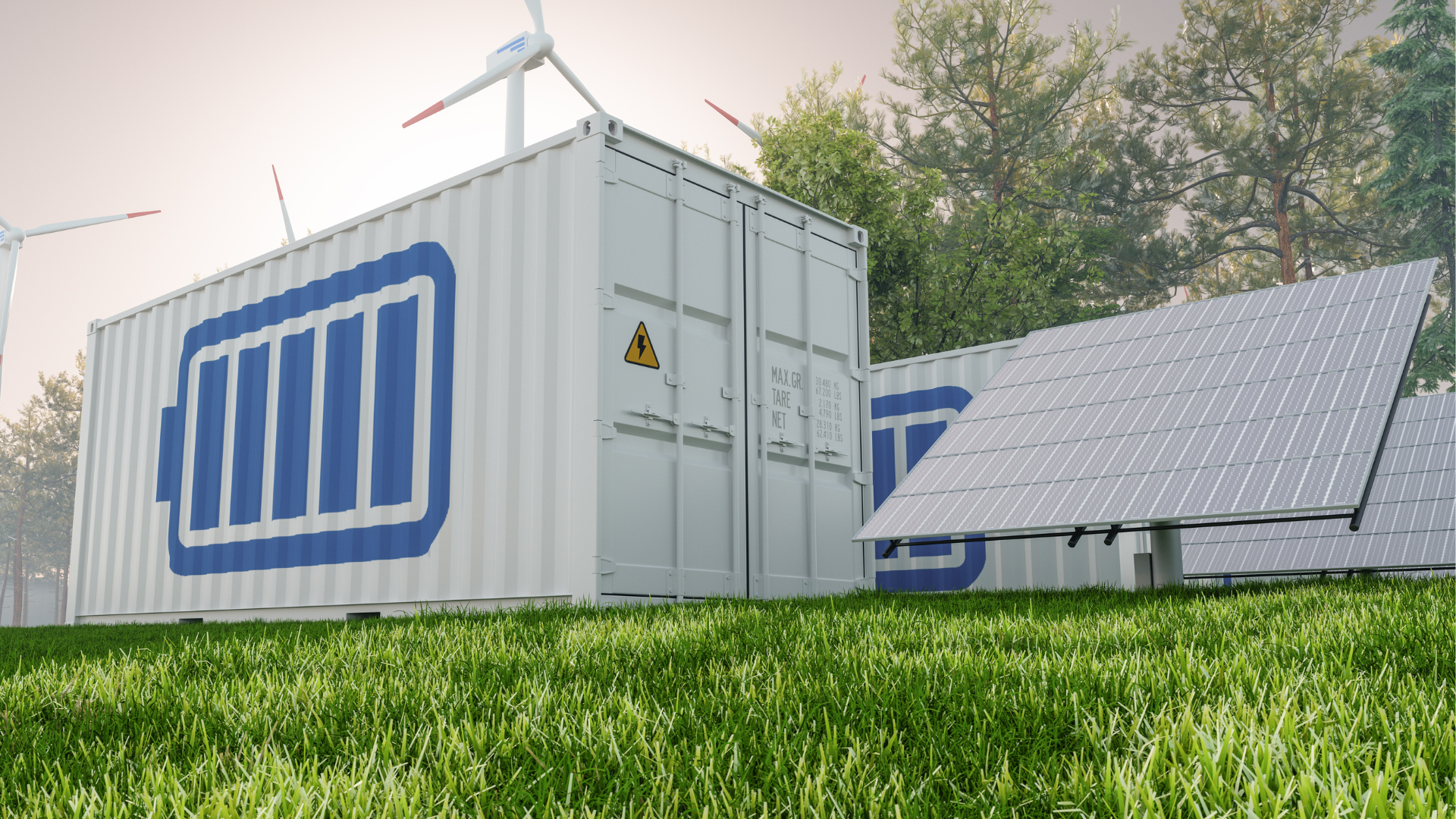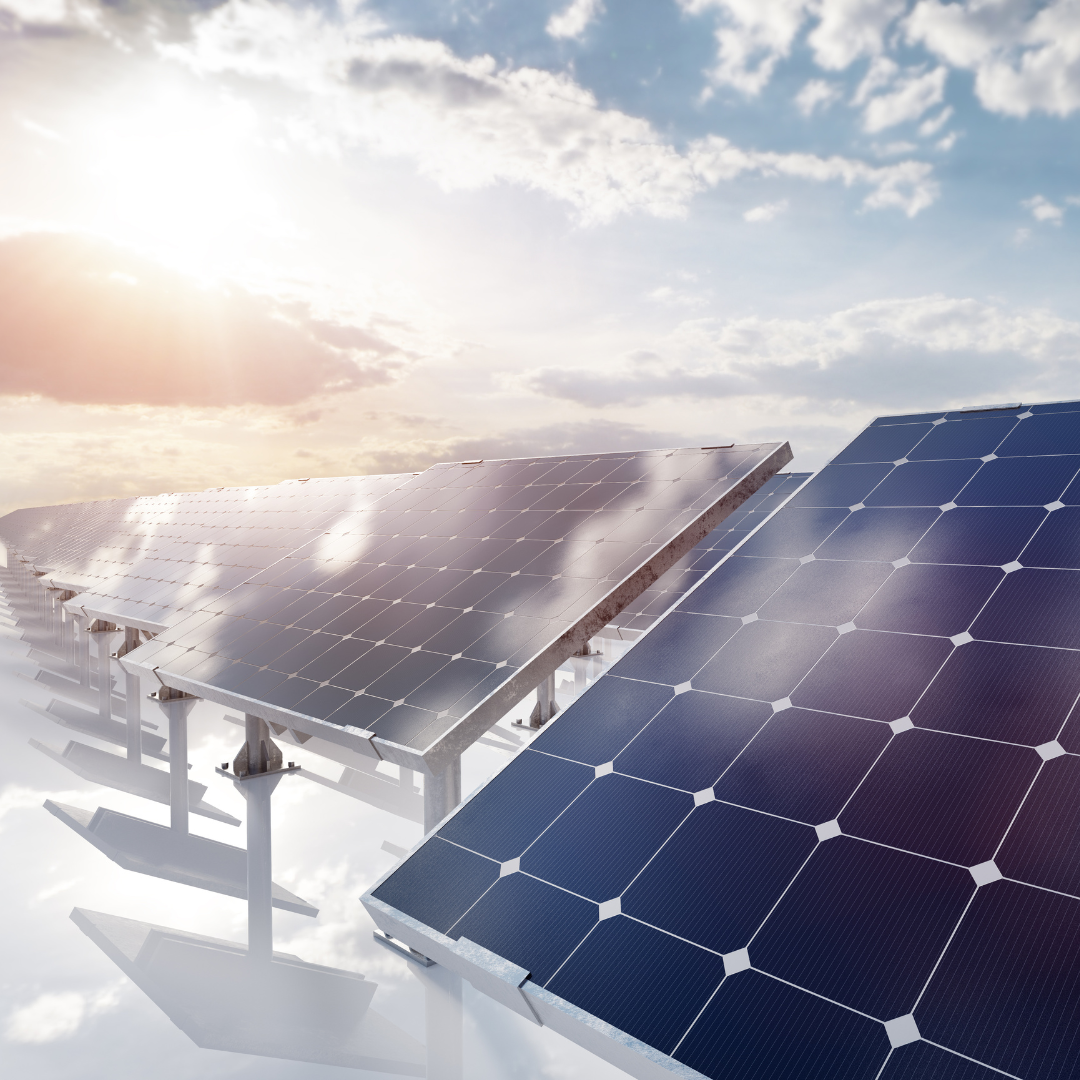Canadian Solar Panel Costs: What's the Price?
Factors Affecting Solar Panel Costs
Quality of Solar Panels
The quality of solar panels is a pivotal factor that influences their cost. High-quality panels are typically more efficient and have a longer lifespan, which can justify a higher upfront cost. Conversely, less expensive panels may be less efficient and could lead to higher costs over time due to the need for more panels or earlier replacement.
- Efficiency: Higher efficiency panels convert more sunlight into electricity, requiring fewer panels for the same energy output.
- Materials: Advanced materials like monocrystalline silicon tend to be more expensive but offer better performance.
- Brand Reputation: Established brands with proven track records may offer more reliable and consistent quality.
It's important to balance the initial investment with the expected performance and longevity of the solar panels. While the upfront cost is a significant consideration, the overall value is determined by the panel's ability to meet energy needs reliably over its lifetime.
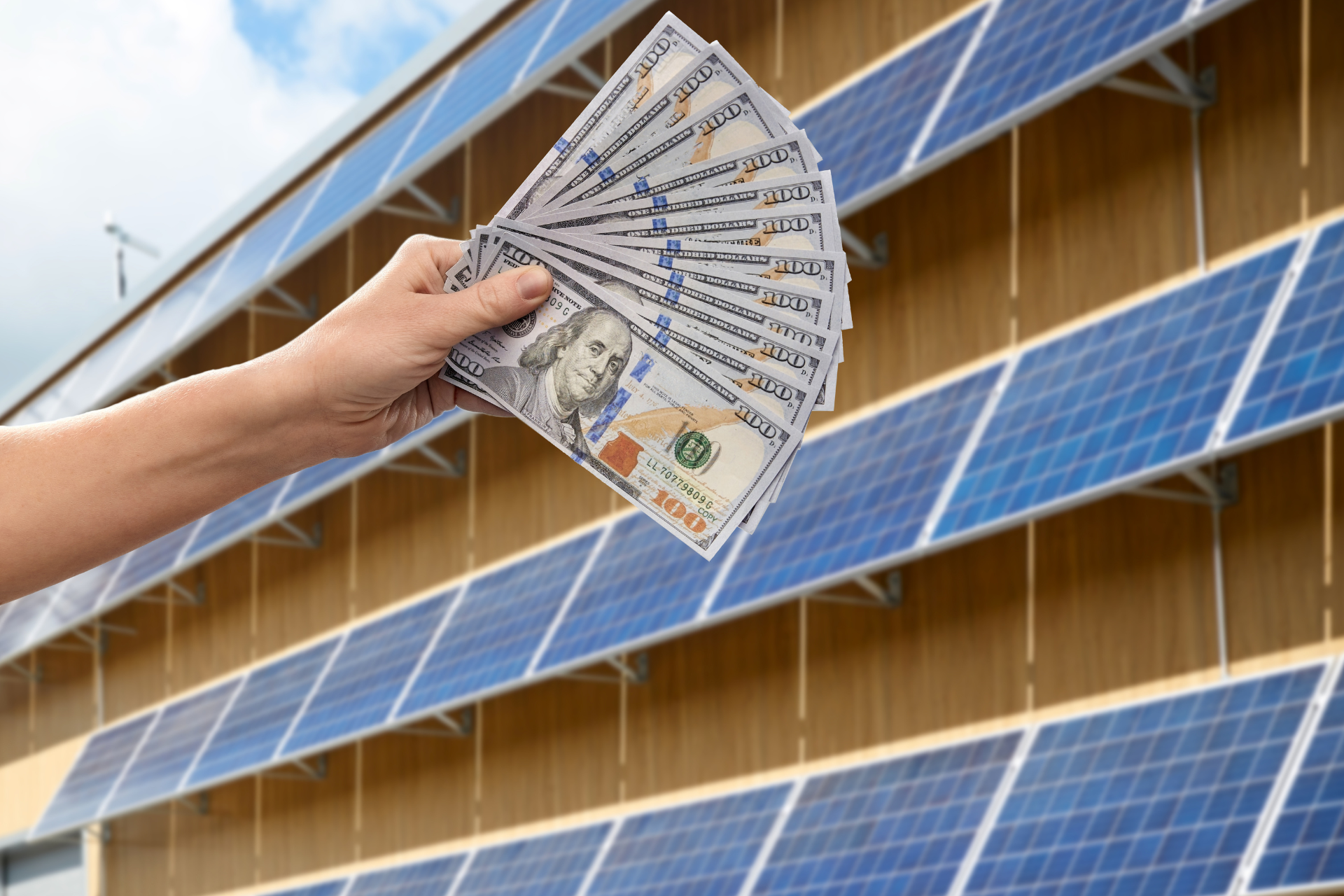
Installation Complexity
The complexity of installing solar panels can significantly influence the overall cost. Factors such as the type of roof, the angle of installation, and the need for additional structural support can all add to the complexity and expense. The more complex the installation, the higher the labor costs will be.
- A flat roof may require specialized mounting systems.
- Steep roofs can pose safety risks, increasing installation time.
- Unusual roof materials, like slate or tile, may need extra care or equipment.
It's essential to have a thorough assessment by a professional to understand the specific challenges your installation might face. This can help prevent unexpected costs and ensure a smooth installation process.
Government Incentives
The landscape of government incentives for solar panel installations in Canada can significantly reduce the upfront costs for homeowners. These incentives vary by province and can include grants, tax credits, and rebates.
- The federal Canada Greener Homes Grant offers substantial financial support for energy-efficient upgrades.
- Provincial programs may provide additional rebates or tax relief, complementing federal initiatives.
- Some municipalities also offer incentives, such as property tax exemptions or special financing options.
It's essential to research and apply for these incentives early in the planning process, as they can affect the overall budget and design of your solar energy system. Keep in mind that eligibility criteria and incentive amounts can change, so staying informed about the latest programs is crucial.
Choosing the Right Solar Panel for Your Needs
Energy Efficiency
When selecting a solar panel, energy efficiency is a paramount consideration. Higher energy efficiency means more electricity is generated from the same amount of sunlight, which is crucial in maximizing the output of your solar installation. Efficient panels require less space to meet your energy needs, making them ideal for smaller roofs or areas with limited sunlight.
- Look for panels with a high efficiency rating, typically above 15-20%.
- Consider the temperature coefficient, which indicates how well the panel will perform in hot conditions.
- Remember that efficient panels often have a higher upfront cost but can provide greater savings in the long run.
Efficiency not only affects the immediate performance of your solar panels but also influences the overall return on investment. As efficiency increases, so does the potential for long-term savings.
Durability
When selecting solar panels for your home in Canada, durability is a crucial factor to consider. The longevity of solar panels is not only a testament to their quality but also a determinant of long-term savings. Here are some points to keep in mind:
- The materials used in the construction of solar panels affect their ability to withstand environmental stressors such as heavy snowfall and high winds.
- A robust mounting system is essential to ensure that panels remain secure and operational through Canada's diverse weather conditions.
- Manufacturers typically offer warranties that can range from 10 to 25 years, indicating their confidence in the product's durability.
Durability also impacts the maintenance requirements of solar panels. Less durable panels may require more frequent repairs or replacements, adding to the overall cost of your solar energy system.
Warranty Coverage
When selecting solar panels, the warranty coverage is a crucial factor to consider. Manufacturers typically offer different types of warranties that cover aspects such as performance, equipment, and sometimes labor. A comprehensive warranty can protect your investment by ensuring that any defects or performance issues within a specified period are addressed without additional costs.
- Performance warranties guarantee that the solar panels will produce a certain percentage of their rated power after a set number of years.
- Equipment warranties cover the physical solar panel against manufacturing defects or environmental damage.
- Labor warranties, though less common, may cover the cost of labor for repairs or replacements.
Canadian Solar, for example, offers a 12-year equipment warranty, ensuring 84.8% performance after 25 years. Jinko Solar provides a 10-year equipment warranty with an 83% performance guarantee. LG stands out with a 25-year equipment warranty, reflecting their confidence in product longevity and performance.
It's important to balance the length and comprehensiveness of the warranty with the reputation and longevity of the manufacturer. A longer warranty from a well-established company can offer peace of mind and is often indicative of a higher-quality product.
Installation Costs and Considerations
Roof Condition
The condition of your roof plays a pivotal role in the installation costs of solar panels. Before any installation begins, a thorough inspection is necessary to determine if your roof can support the weight of the panels and if any repairs are needed.
- A sturdy, well-maintained roof may require minimal additional investment.
- Roofs in poor condition may need significant repairs or even replacement, adding to the overall cost.
- The type of roofing material can also affect installation complexity and cost.
Ensuring your roof is in good condition before installation can prevent costly repairs and delays down the line. It's a crucial step in the process, akin to laying a strong foundation for your solar investment.
Remember, the longevity and efficiency of your solar panel system are heavily dependent on the underlying roof's condition. It's advisable to address any issues beforehand to avoid disruptions to your solar energy production.
Location-Specific Factors
The cost of installing solar panels in Canada can vary significantly depending on location-specific factors. Geographical location plays a crucial role, as it determines the amount of sunlight your area receives and, consequently, the efficiency of your solar panel system.
- Climate conditions such as snow, rain, and overcast days can affect the number of solar hours.
- Local regulations may impact the types of panels you can install and the overall cost.
- Utility rates in your area will influence the savings you can expect from your solar investment.
It's essential to consider these location-specific factors when calculating the potential costs and benefits of solar panel installation. A system that is optimal in one region may not be as effective or cost-efficient in another due to these varying local conditions.
Permitting and Inspection
Before the installation of solar panels can commence, homeowners must navigate the permitting process, which varies by municipality. Obtaining the necessary permits is a critical step that ensures your solar panel system meets local building codes and safety standards.
- Research local requirements: Different regions have specific regulations that must be adhered to.
- File for building permits: This typically involves submitting detailed plans of the solar installation for approval.
- Await inspection: After installation, an inspector will review the system to confirm it complies with all regulations.
It's important to factor in the time and potential costs associated with permitting and inspections when planning your solar panel project. Delays in this process can affect the overall timeline for getting your solar system up and running.
Long-Term Savings and Return on Investment
Energy Savings Over Time
Investing in solar panels is not just about the immediate costs; it's about the long-term financial benefits. One of the most compelling reasons to go solar is the potential for energy savings over time. By generating your own electricity, you reduce your dependence on the grid and can significantly lower your utility bills.
- The initial investment in solar panels can be offset by the savings on your energy bills.
- As utility rates tend to rise, the cost of solar remains relatively stable, enhancing the savings as time goes on.
- Excess energy produced can often be sold back to the grid, providing an additional revenue stream.
The shift towards solar energy is not only a step towards sustainability but also a strategic financial decision. With the right system in place, homeowners can enjoy a reduction in energy costs that continues to grow as the years pass.
Resale Value of Property
Investing in solar panels can lead to a notable increase in your property's resale value. Homes equipped with solar energy systems often attract buyers interested in eco-friendly living and savings on utility bills. This can make your property more competitive in the real estate market.
- Enhanced appeal to energy-conscious buyers
- Potential for higher asking prices
- Contribution to a greener community image
Solar installations are seen not just as home improvements, but as upgrades that align with a growing environmental consciousness among homebuyers.
It's important to consider that the actual increase in property value may vary based on factors such as the age of the solar system, local market trends, and the energy independence it provides. Nonetheless, solar enhancements are a forward-thinking addition that can pay dividends when it's time to sell.
Payback Period
The payback period is a critical metric for evaluating the financial feasibility of solar panel investments. It represents the time it takes for the energy savings to cover the initial costs of the solar panel system. Typically, the payback period for solar panels in Canada ranges from 10 to 20 years, depending on various factors such as the size of the installation, local electricity rates, and the amount of sunlight the location receives.
- Initial cost of solar panel system
- Average electricity bill savings per year
- Government incentives and rebates
The shorter the payback period, the quicker the investment in solar panels begins to generate net savings, making it an attractive option for homeowners and businesses alike.
It's important to consider that after the payback period, the solar panels will continue to produce electricity, which translates to pure savings, minus any maintenance costs. This long-term benefit is a compelling reason for many to make the switch to solar energy.
